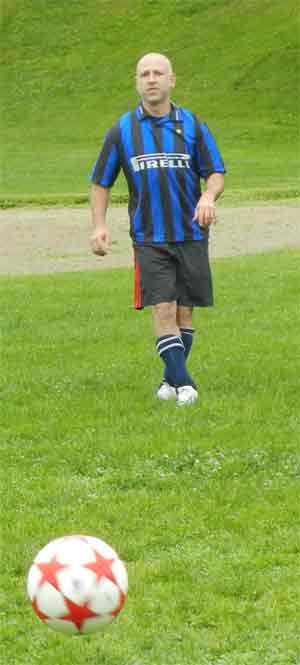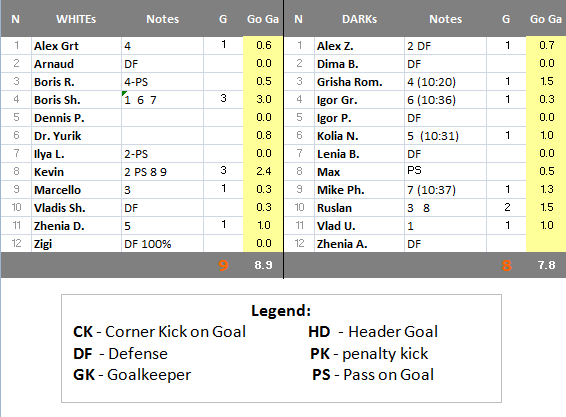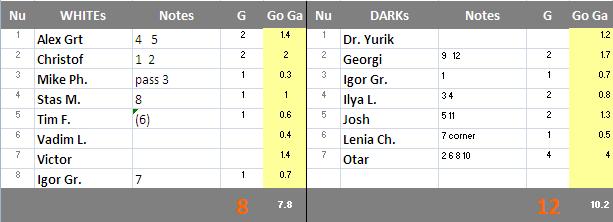 Summary: There is no such foul in the Laws of the Game.
Summary: There is no such foul in the Laws of the Game.
What Soccer Referees are saying?
This material is quoted from http://www.askasoccerreferee.com/?p=149
There is nothing illegal, by itself, about playing the ball while on the ground. It becomes the technical foul known as playing dangerously (“dangerous play”) only if the action unfairly takes away an opponent’s otherwise legal play of the ball (for players at the youth level, this definition is simplified even more as “playing in a manner considered to be dangerous to an opponent”). At minimum, this means that an opponent must be within the area of danger which the player has created.
If this is not the case (for example, the player had no opponent nearby), then there is no violation of the Law. If the referee decides that a dangerous play violation has occurred, the restart must be an indirect free kick where the play occurred (subject to the special rules that apply to restarts in the goal area).
By the way, even if a dangerous play violation has been called, the referee should never verbalize it as “playing on the ground” since there is no such foul in the Laws of the Game.
What Rule Book is saying?
This section is quoted from Official FIFA Laws of the Game book:
http://www.fifa.com/mm/document/affederation/generic/81/42/36/lawsofthegame_2010_11_e.pdf
Start by searching word “ground” through the entire 140 pages of the PDF. There is nothing there about playing while on the ground.
Continue your quest by searching “playing in a dangerous manner“. Here is what we found on page 113:
Playing in a dangerous manner is defined as any action that, while trying to play the ball, threatens injury to someone (including the player himself). It is committed with an opponent nearby and prevents the opponent from playing the ball for fear of injury.
Other interesting nuggets of information
– A goalkeeper is not permitted to keep control of the ball in his hands for more than six seconds (p.112)




Be the first to comment